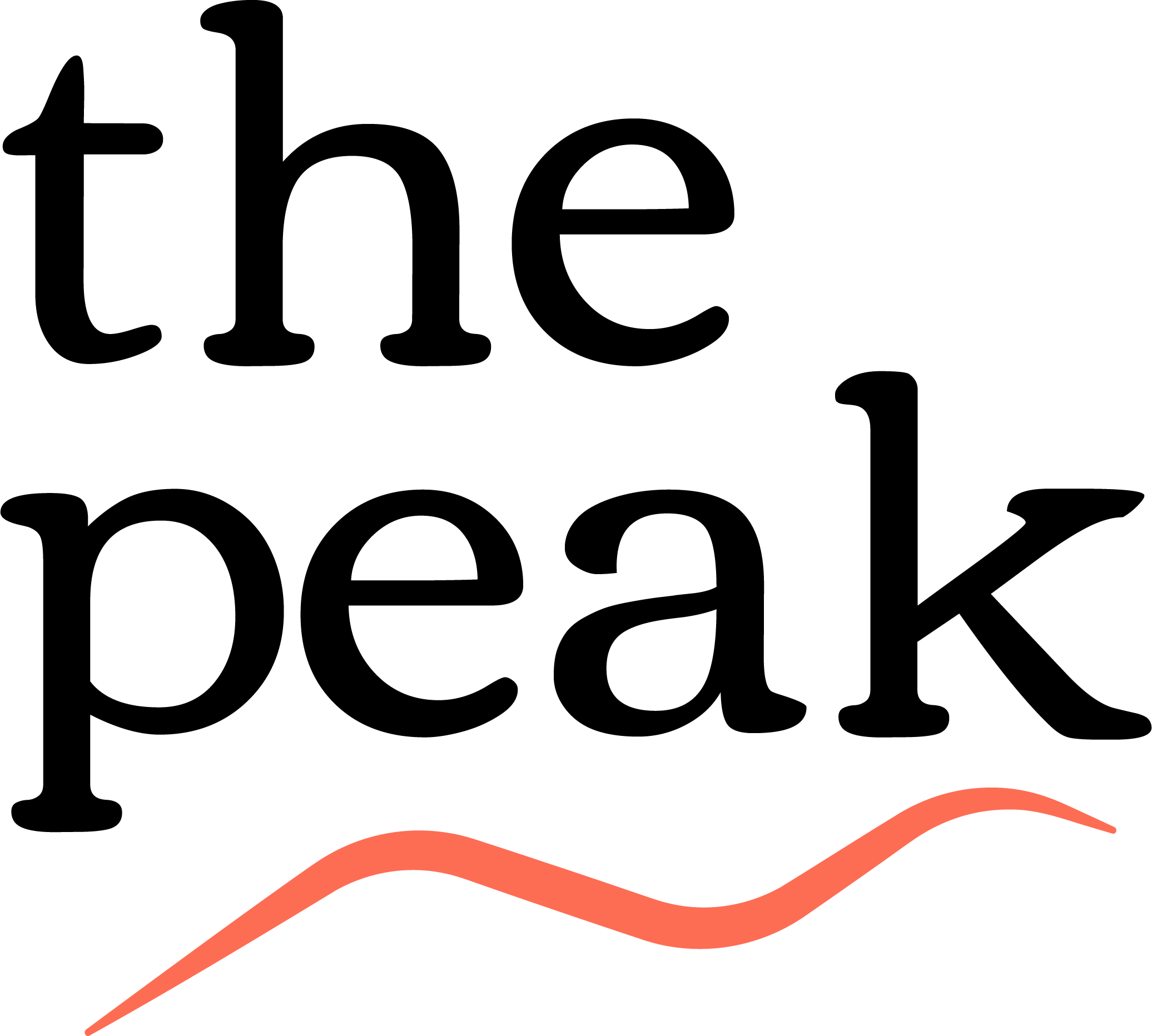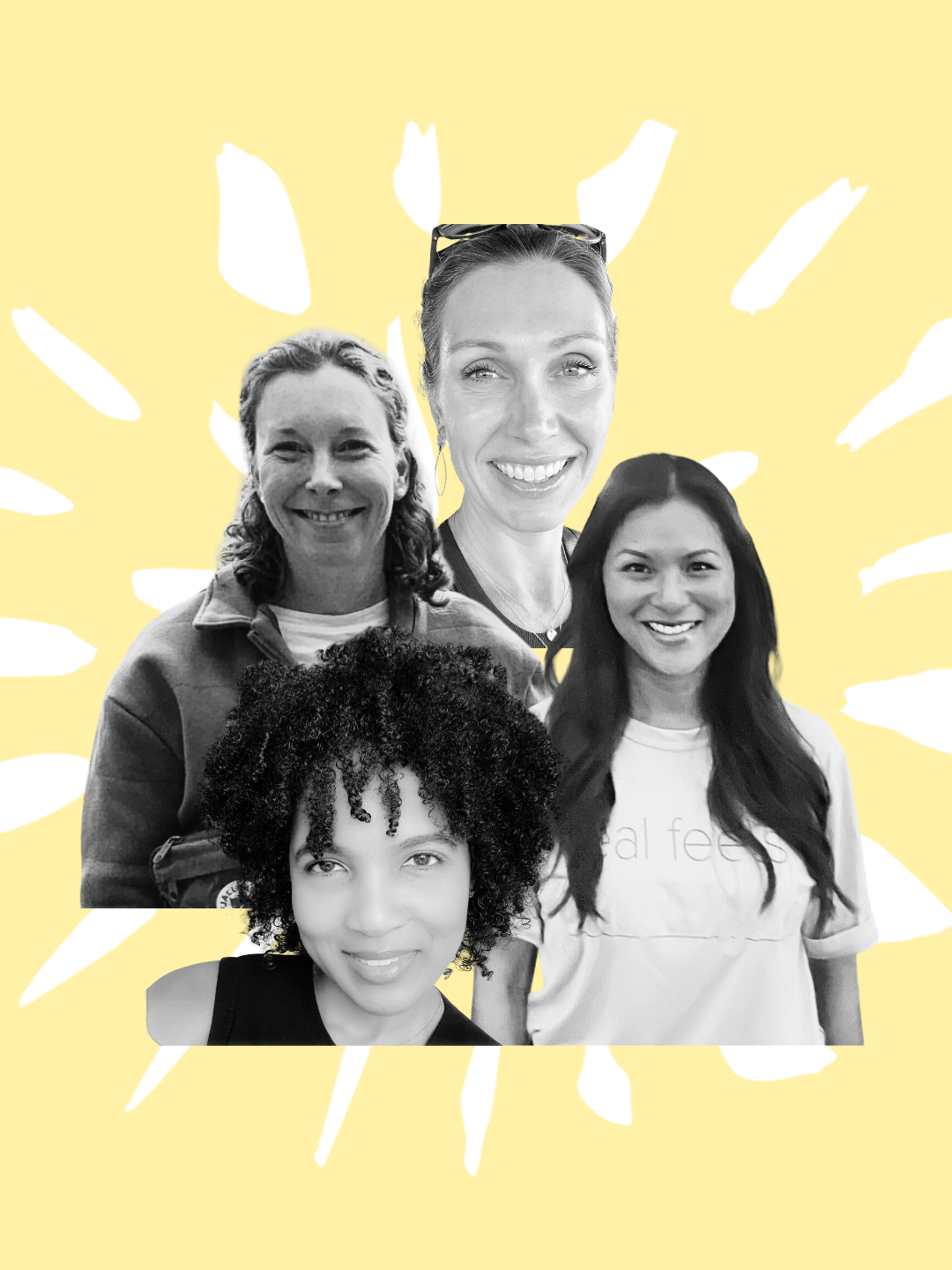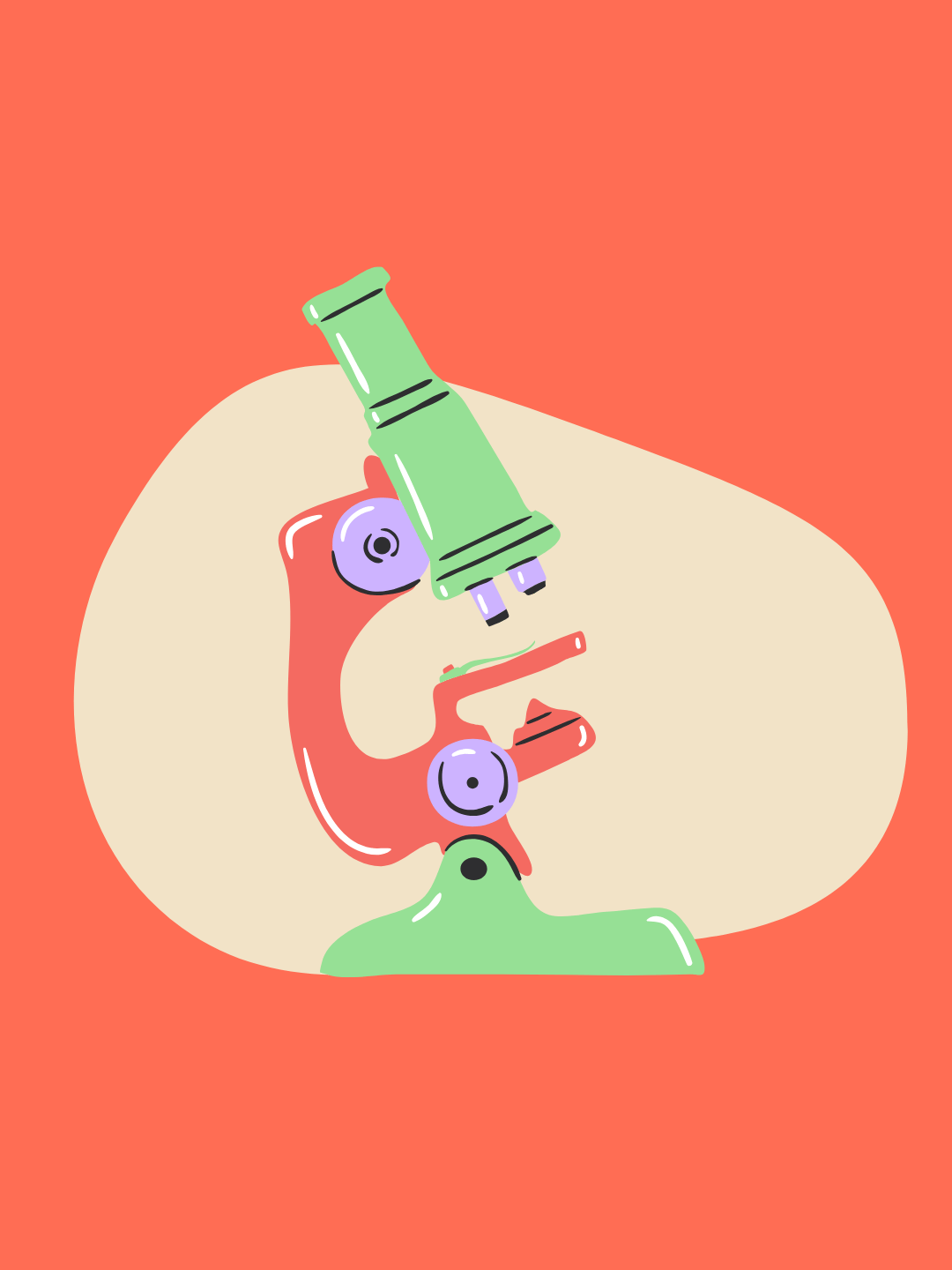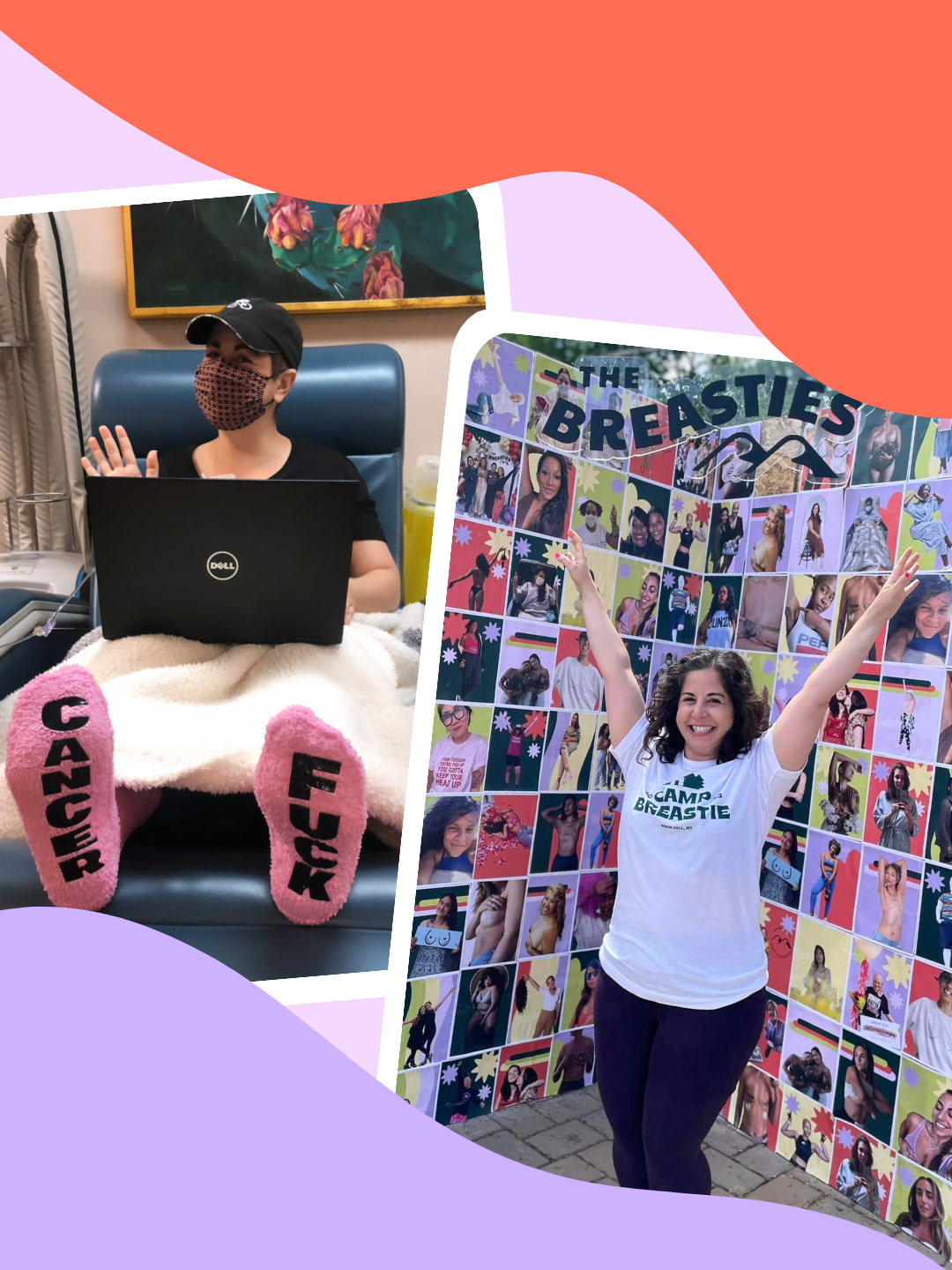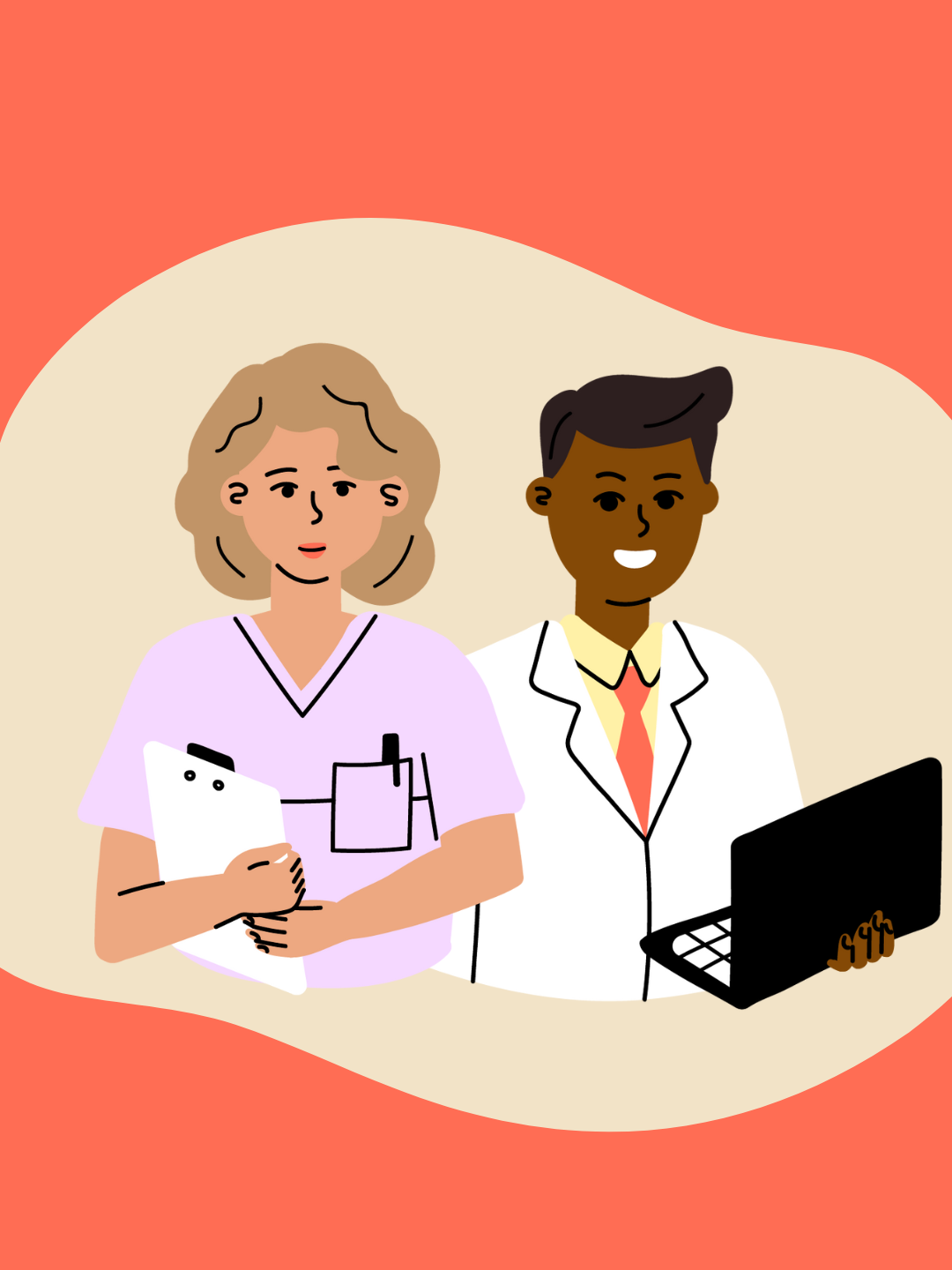There’s nothing quite like sharing with people who get it.
In honor of Gynecologic Cancer Awareness Month, The Breasties invited cervical cancer survivor Leighann C Lenti and ovarian cancer survivors Mai Linh, Kamali Chandler, and Randalynn Vasel to #TalkAboutTeal and shed light on navigating a gynecologic cancer diagnosis and finding joy in survivorship.
Making Your Symptoms Heard
Many symptoms that may occur across multiple gynecologic cancers can be vague and may easily be mistaken for something else, such as abnormal vaginal bleeding, pelvic or abdominal pain, abdominal bloating, or the urge to urinate frequently.
A common anecdote that those diagnosed with gynecologic cancer then share is that they were dismissed by medical professionals when reporting their symptoms.
Linh, for example, recalled visiting a gynecologist at 22 years old, complaining of pelvic pain.
“She just said, ‘Oh, it could be common and we see cysts in young women and they may come and go. If you don't have any more symptoms, then it might just resolve on its own,” Linh recounted.
However at 26 years old, Linh says the pain returned alongside five days of flu-like symptoms, after which she underwent additional imaging which would eventually lead to the surgery that would diagnose her with a rare type of ovarian cancer, stage 1 granulosis cell tumor.
Chandler was equally dismissed prior to her diagnosis.
“When I had an ultrasound a few months before I was actually diagnosed, my gynecologist called me back and said everything looked fine, save for my fibroids.”
That, however, wasn’t the full picture. When she looked at the report from the scan, Chandler says it “stated that my right ovary was not detectable and I needed to be followed up with an MRI.”
But a gynecologist she knew at the time said that it was quite common for ovaries to not be detected on an ultrasound.
“That was frightening,” she said.
Understanding Gynecologic Cancer Screening
Another roadblock to getting diagnosed, Vasel recalled, was her own understanding of the signs of gynecologic cancer and needing to learn to advocate for yourself in the exam room.
“I know that a lot of us present with these symptoms that could be a million different things,” she said.
The important thing, she continued, “is just being persistent, [using your] voice, and having open dialogue with your medical team, and if it doesn't feel like the right medical team for you, it's okay to go find another one.”
Lenti echoed Vasel, noting that ovarian, uterine, vaginal, and vulvar cancers do not have their own screening tests, “which is why knowing your body’s normal is so, so important.”
But in the case of cervical cancer–one of the four cancer types for which there is a screening test recommended by the United States Preventative Task Force (USPSTF)--Lenti underscored the importance of advocating for more frequent Pap tests if you are high risk and seeing a provider who understands cancer-related risks, even for those who have not received a diagnosis.
“If I had waited a year [for my Pap test], I would have been in a much later stage of cervical cancer,” she said.
Linh, recalling a recent conversation around the signs and symptoms of ovarian cancer with her daughter, emphasized that it’s important to push through any shyness around talking about our reproductive health.
“It can be a little taboo to talk about, but I wish I would have spoken up for myself a little bit more before my recurrence,” she said.
Mai Linh shares the importance of understanding your normal and breaking the stigma of talking about your reproductive health.
Finding Strength Through Community
Those impacted by cancer know that treatment is just one piece of the puzzle, and that navigating survivorship is a challenge in and of itself.
“I love a plan. I love a list, and when you're in [treatment], I know exactly what's going to be happening for the next six months of my life,” said Lenti.
But when you are given the all-clear, it can feel like you’re left on your own, Lenti said. “What do I do with myself?” she remembers asking.
Enter community. Lenti said she found strength amongst other ovarian cancer survivors—people who got it and who she could commiserate with and look to for advice.
It's a club you never wanted to be a part of, but here we are. You meet some pretty amazing people through it,” agreed Vasel. “It’s the silver lining.”
Randalynn Vasel shares the importance of community after cancer.
“Our loved ones and friends and family are wonderful and they show up in ways we could never imagine, but there's an aspect of this that, unless you've lived it, it’s really hard to understand certain pieces,” Lenti said.
Linh agreed, saying that family and friends often want to provide support, even if they are unable to solve the problem at hand, which can lead to feeling like you are being overbearing with your challenges.
“It's nice to be able to connect with others who have been in a similar situation and share and bounce off ideas and be strong when one person can't be and take turns as needed,” Linh said.
“I would never want to get this diagnosis, but after this diagnosis, the people that I have come to know are amazing and I couldn't imagine my life without them.”
